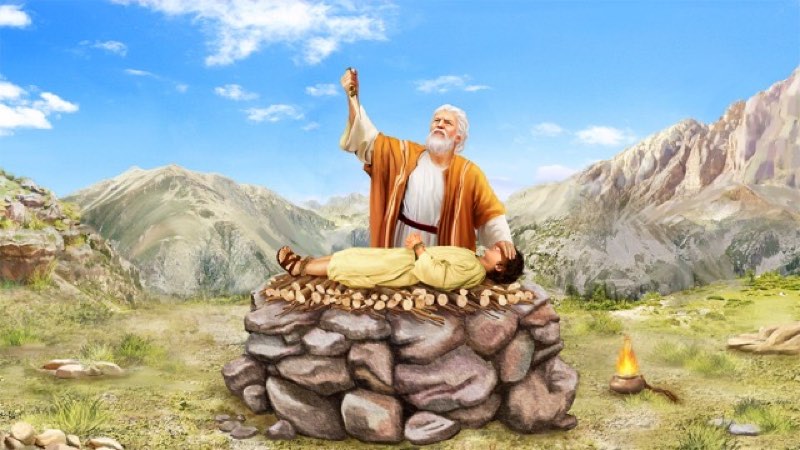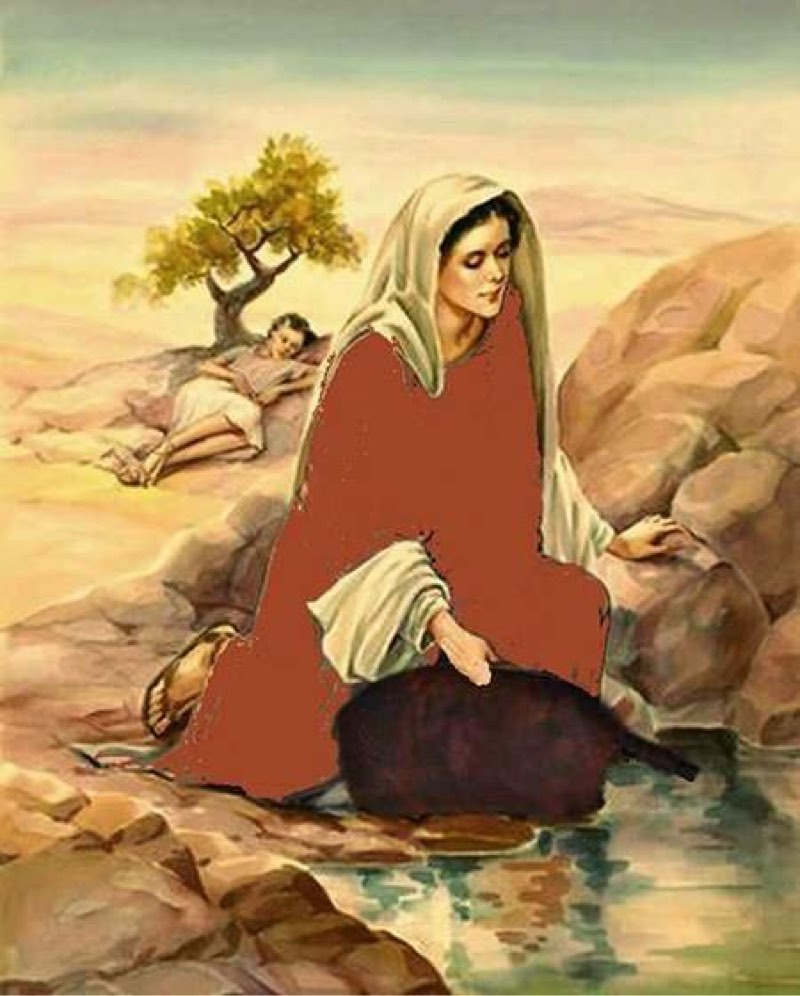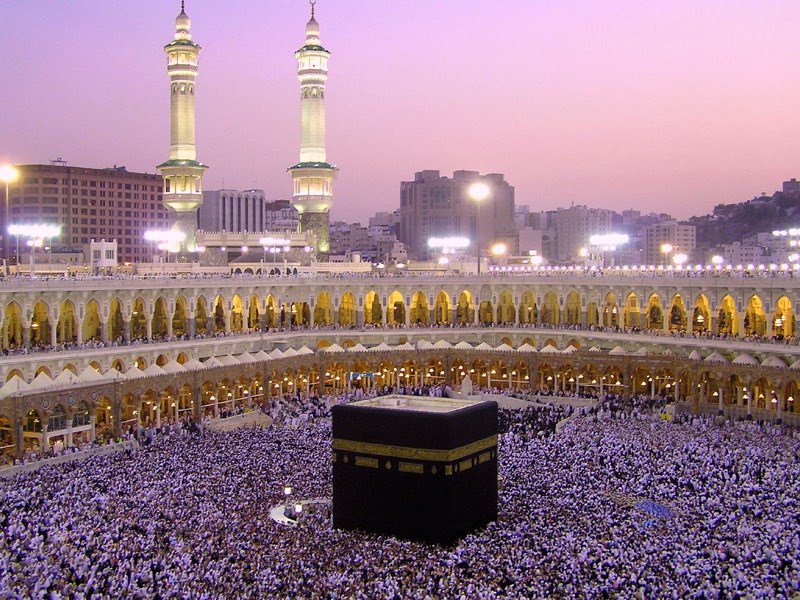Islamic tradition holds that Abraham left his wife Hagar and their son Ishmael alone in the desert near Mecca. Ishmael was still an infant at the time. The interpolation of Genesis 21, verses 9 to 10, is therefore evident from this event. How are they articulating their argument?
The argument regarding the interpolation of Genesis 21, verses 9 to 10, in the context of Abraham, Hagar, and Ishmael is articulated by contrasting the Islamic tradition with the Judeo-Christian narrative. Here’s how the argument is framed:
1. Divine Command Versus Human Jealousy:
In Islamic tradition, Abraham’s decision to leave Hagar and Ishmael in the desert was a direct command from God as a test of faith. This is seen as a noble and divinely ordained act, rather than a result of Sarah’s jealousy.
In the Judeo-Christian narrative, the banishment is attributed to Sarah’s jealousy when she saw Ishmael "mocking" Isaac, which led her to demand their expulsion.
2. Age Discrepancy:
Islamic sources describe Ishmael as a nursing infant when he was left in the desert, which aligns with the practical details of Hagar carrying him and the subsequent events.
The Bible suggests Ishmael was about 17 years old, which raises logical issues about Hagar carrying him and the depiction of him as a helpless child under a bush.
3. Miraculous Provision:
In Islamic tradition, the story emphasizes the miraculous provision of water through the Zamzam well, which is a central part of Hajj rituals and symbolizes God’s care and provision.
The Judeo-Christian account also mentions divine intervention, but it does not have the same ritualistic and symbolic significance as in Islam.
4. Cultural and Religious Impact:
The Islamic narrative underscores the foundational role of Ishmael and Hagar in the establishment of Mecca and the Kaaba, highlighting their importance in Islamic tradition.
In contrast, Ishmael plays a minor role in Judeo-Christian traditions, primarily recognized as the ancestor of the Arabs but not central to religious practices.
Conclusion
The interpolation argument is articulated by highlighting these differences and suggesting that the Genesis account may have been influenced or altered to fit the theological and cultural context of the Judeo-Christian tradition. The Islamic narrative, with its emphasis on divine command and the early age of Ishmael, presents a coherent and practical story that aligns with the physical and spiritual elements of the Hajj pilgrimage, thus offering a distinct perspective on the events surrounding Abraham, Hagar, and Ishmael.



